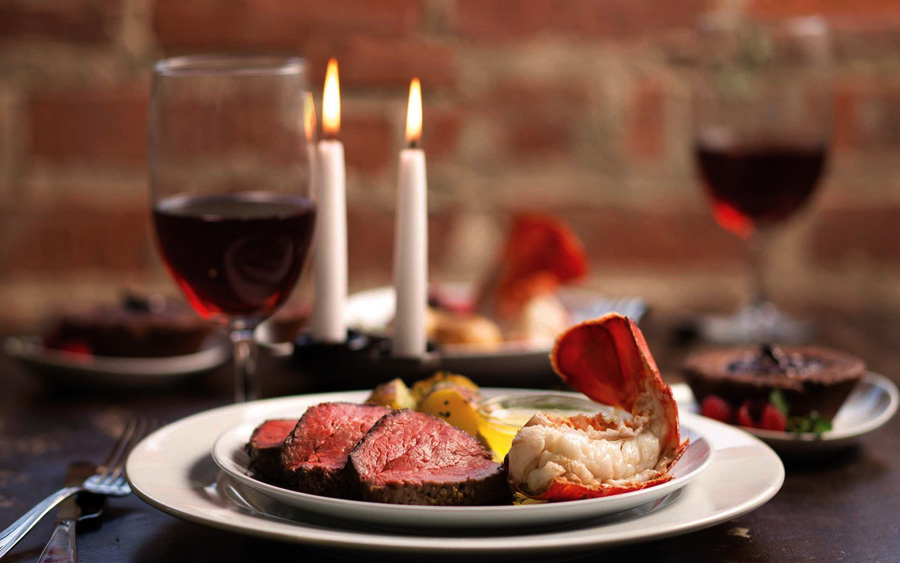The market for bitters is gradually heating up in the Nigerian beverage market. There has been an increase in the number of brands making entry into the bitters market, recently, and this is boosted by the rising change in the tastes of consumers, who believe that bitters contain body purifiers, anti-malaria components, and ingredients that strengthen the virility of men.
Bitters made its entry into the Nigerian market about 10 years ago, and since then it has gained acceptance among all classes of consumers in the country. It is no longer strange in Nigeria to see young men, even the smartly dressed ones, hurriedly buying bottles of bitters early in the morning before heading off for the day’s work. As of 2014, the bitters market was said to be worth about N32.2 billion and still growing.
Bitters are flavoured extracts made from infusing herbs, seeds, bark, roots, flowers, and berries with alcohol.
On this week’s edition of product review, a weekly analysis where Nairametrics features products contending for leadership and prominence in Nigeria’s Red Ocean consumer market, we are looking at the various bitters brands and how they are competing for profitability and visibility in the market space.
Brands in the market
In the past, Swedish and German bitters were scarcely marketed in the country and because of the limited distribution line, there was not much awareness. Also, some consumers who would have possibly used the Swedish and German products believed that they were for the rich and perhaps, not affordable by the common man.
However, in 2011, Kasapreko Company Limited of Ghana led the revolution of new players in the market with its Alomo Bitters brand, while Intercontinental Distillers Limited (IDL), another major player in the Nigerian beverages segment, joined much later with its Action Bitters.
The introduction of Alomo Bitters into the market space came with an aura of class, however, the entrance of another brand, Orijin Bitters from the stables of the giant breweries, Guinness, became the game changer. Noticing the acceptance of bitters, Nigerian Breweries also came out with Ace Roots.
Since the Kasapreko Alomo’s entrance into the market, brands like Erujeje, Black Wood, Bajinotu Poka, Kerewa, Koboko, Kogbebe, Dadubule, Baby Oku, Pasa, Goko Bitters, etc., have also emerged to command significant market presence, eroding the market shares of both the traditional brands and those of the established big players and multinationals in the Nigerian beverages market.
Other brands that continue to play on the fringes include Yem Kem Nigeria’s Yoyo cleanser Bitters and Ruzu Bitters among others.
Today, most beer parlors, lounges and roadside liquor spots are filled with all sorts of alcoholic bitters of various brands that are nothing but aphrodisiacs, while in highbrow restaurants and lounges, you can only get Orijin, Ace Roots and Alomo brands.
The Alomo Brand battling against fake products
Interestingly, Alomo Bitters received immediate consumer acceptance among Nigerian consumers, away from malt and beer beverages which dominated the market then. When the product officially entered Nigeria, distributors also jumped at it, which created the visibility that helped the product boom.
Between 2011 and 2012, Alomo bitters’ market share hovered around 80 percent of the bitters market. But its dominance in the market was soon weakened, as adulteration of the product became popular a situation, where registered and unregistered bitters products and fake Alomo brands entered the Nigerian market unfettered.
Orijin Bitters reshaped the market
Many consumers were taken aback when Guinness Nigeria Plc entered a market that most people would readily dismiss as boring for such a premium institution.
According to consumers, the critical driver in the sales of Orijin can be attributed to the positioning of the brand. Several consumers, who feel that Alomo Bitters and other brands are too common, have since taken flight to the new brand from Guinness, just to stand out from the crowd. Compared to others, Orijin is also premium priced — while some bitters can be gotten for as low as N100, Orijin Bitters, which is available as Orijin in 30cl and 75cl bottles, and Orijin Bitters, in 20cl and 75cl bottles, go for as much as N500 to N700 and N300 to N1,000 respectively — a major attraction for those who want to be different. With Orijin, classy men and women could drink their herbal bitters openly and fashionably.
Guinness, in reshaping the market, also discovered that consumers at the top of the marketing pyramid, who were major consumers of Alomo Bitters, may have not felt comfortable sharing the same space with every other Tom, Dick, and Harry in the market. They needed ‘class’. This they responded to by creating a brand to take this space and appeal to those who want to stand out from the ‘Alomo crowd’.
Another magic wand by Guinness was the introduction of a herbal blend that gives a better taste and feeling of bitters and at the same time makes for pleasurable drinking, thus eliminating the ‘ugly’ taste of Alomo Bitters which was seen as a turn off for many consumers.
Here comes ACE
Few months after the introduction of Orijin into the market space, another brewer, Nigerian Breweries (NB) introduced its bitters brand, ACE, into the Nigerian market. ACE Roots was unveiled to the Nigerian market in February 2015 and comes with low sugar and a delightful flavour for health-conscious Nigerians.
What consumers are saying
Findings by Nairametrics reveal that one unique proposition for most bitters brands is the belief that it increases libido for men. Majority of the consumers of these bitters no longer drink them for their purported medicinal value but the alleged fact that it can enhance men’s prowess in bed. Even the manufacturers are promoting the drinks for its aphrodisiac powers.
Mrs. Kafayat, a seller at Ikeja bus stop, noted that men who drink Herbal Bitters can never disappoint their women in bed.
At a bar in Ogba, Mrs. Ngozi said that men drink herbs for general body cleansing, though adding, “When your body is clean of all toxins, your body will perform well.”
Asking another seller at the popular African Shrine Ikeja, about which bitters sells most and why people buy them, she said: “Baby Oku, Alomo, Orijin, Opa Eyin, all of them sell well.” She added that ‘Scoogies’, which is prepared by sellers, is more popular when compared with other bitters.
The owner of another popular bar at Agege explained that, “…these drinks do a lot to people’s bodies, so it is the one their body can take they will buy. But some people like to flirt and some say it cures waist pain and it is for cleansing the system.”
Another consumer, who simply gave his name as Afis, a Road Transport Employers Association of Nigeria (RTEAN) member at Ogba bus-stop, said,
“Orijin, Alomo, and Ace Root cannot be found on the heads of hawkers any longer, we don’t have time to begin to look for where to buy them. It is only the rich who go to restaurants to have chilled Orijin, Ace Root or Alomo, we don’t. We are on the move. Ace Root is not in sachets. With N50 to N150, I can drink a sachet or small plastic bottle from other producers.”
Verdict
In a Twitter poll conducted by Nairametrics, Orijin Bitters got 46%, Alomo got 26% while Action Bitters got 16%.
OPINION POLL: Which Bitters Drink is your favorite? Retweet and comment with #nairametricspolls
— Nairametrics (@Nairametrics) November 20, 2018
The result clearly shows Orijin Bitters leading the battle in the bitters market. However, the proliferation of adulterated brands is eating deep into the profit of major manufacturers.
This is also reflected in the comments of some of our respondents who are not on Twitter. The ones who prefer ‘Scoogies’ and brands in sachets of N50 might not really care if they are consuming adulterated versions, as long as they are affordable and make them “perform well”.
Regulatory agencies such as NAFDAC and SON must double down on their efforts to rid the Nigerian consumer market of unlicensed herbal bitter drinks that may be injurious to unsuspecting members of the public. Also, the big brands could try and package some affordable products to truly gain market share from all classes.




















